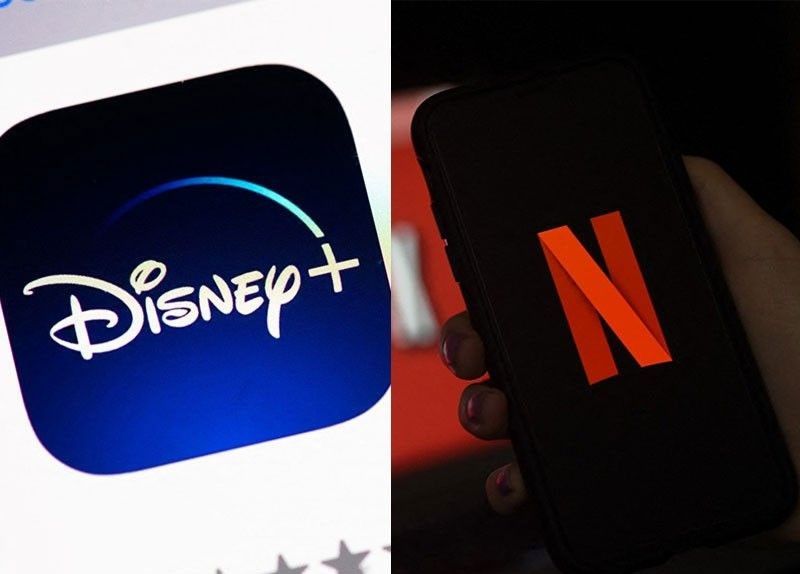Digital services now subject to VAT

Government sees P102 billion tax take in 5 years
MANILA, Philippines — Digital platforms offered by foreign companies such as Netflix are now subject to 12 percent value-added tax (VAT) under a new law signed by President Marcos yesterday.
Republic Act 12023 or the Value-Added Tax on Digital Services Law seeks to level the playing field between local and foreign digital service providers (DSPs).
“With this law, we say that if your presence in the Philippine market is as real as your profits, then your tax responsibilities should also be equally tangible,” the President said in his speech during the ceremonial signing of the law at Malacañang yesterday.
“But make no mistake, we are not imposing new taxes, we are simply strengthening the authority and streamlining the process of the BIR (Bureau of Internal Revenue) to collect value-added tax on digital services,” Marcos added.
The law allows the BIR to collect VAT on digital services, including digital media, digital music, digital video games, video-on-demand and digital ads. The law also clarifies how the DSPs can comply with the VAT requirements imposed under the National Internal Revenue Code.
RA 12023 covers digital platforms such as Netflix, Google, Spotify, Amazon and Lazada, and other online marketplace.
“Local business and international digital platforms now compete on equal terms. We no longer will be playing by different sets of rules. If you are reaping the rewards of a fruitful digital economy here, it is only right that you contribute also to its growth,” the President said.
Exempted from the law are digital educational services, including online courses and webinars offered by private institutions, and the sale of online subscription-based services to educational institutions recognized by government agencies.
Marcos said the new law is expected to generate P102 billion in additional revenues for the government in the next five years that could fund public services, infrastructure and other socio-economic programs. He added that five percent of the revenues generated by the law would be allocated to the creative industries.
“This means our artists, filmmakers, musicians – the very people who fill our platforms with stories and with content – will directly benefit. This ensures that our creative talents are not just surviving in a competitive digital market but will be allowed to prosper,” he said.
At a press briefing at Malacañang on Wednesday, BIR Commissioner Romeo Lumagui Jr. said the new law promotes fair competition, ensuring that both local and foreign DSPs compete on equal footing.
Department of Finance (DOF) director Nina Asuncion said that the BIR has the power to suspend the operations or block the websites or platforms these digital service providers if they do not comply with the requirements of the law.
“So the VAT on DSP law does not impose a new tax but, again, streamlines and strengthens the BIR’s authority to collect VAT from DSPs,” Asuncion said at the same Palace briefing.
The law defines DSP as a non-resident or resident supplier of digital services to consumer who uses the digital services in the Philippines.
Non-resident digital service providers are those DSPs that have no physical presence within the country.
The DOF, upon recommendation of the BIR and in coordination with the Department of Information and Communications Technology and the National Telecommunications Commission, and upon consultation with the stakeholders, is directed to issue the implementing rules and regulations of the law no later than 90 days from its effectivity.
Asked whether the new law could lead to higher subscription rates or services of DSPs, Lumagui said, “price increase doesn’t necessarily follow.” — Emmanuel Tupas
- Latest
- Trending





























